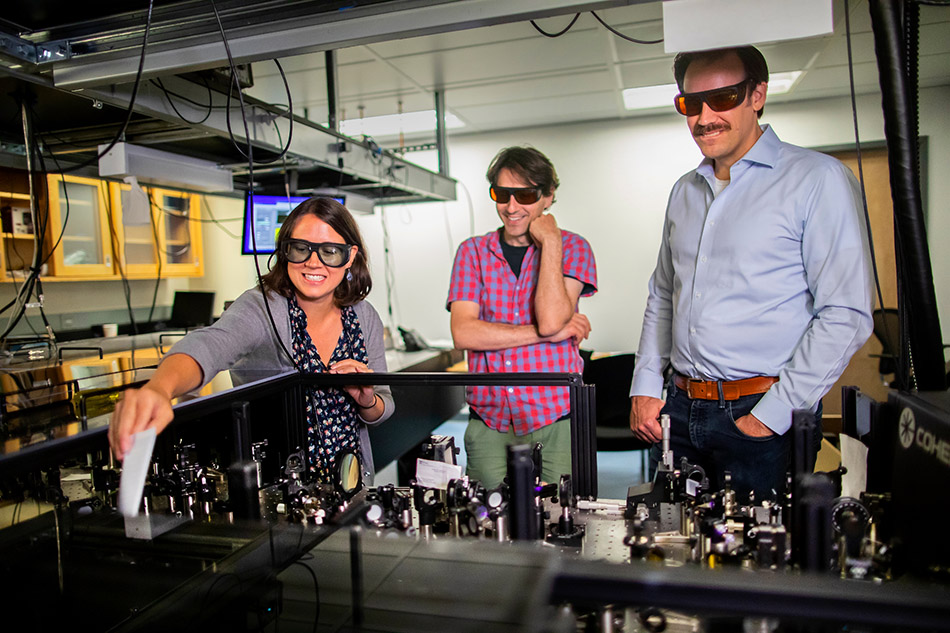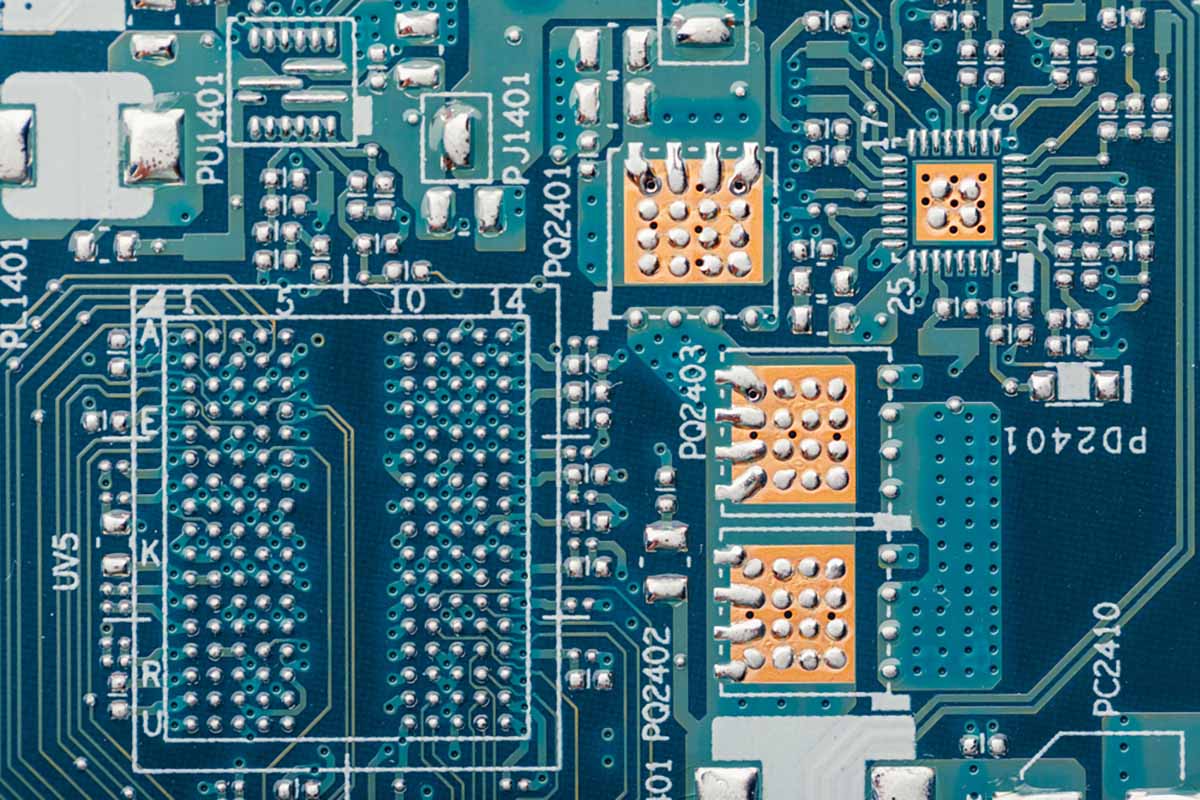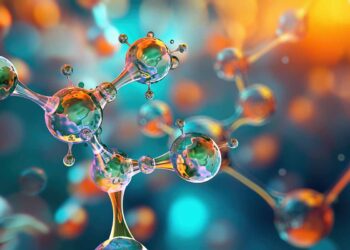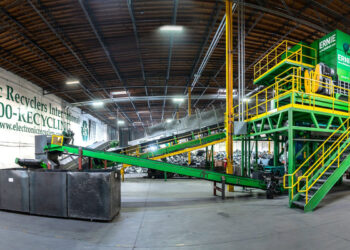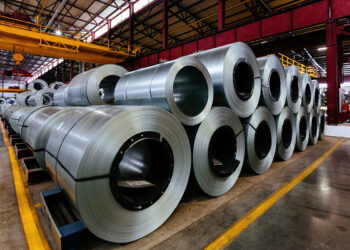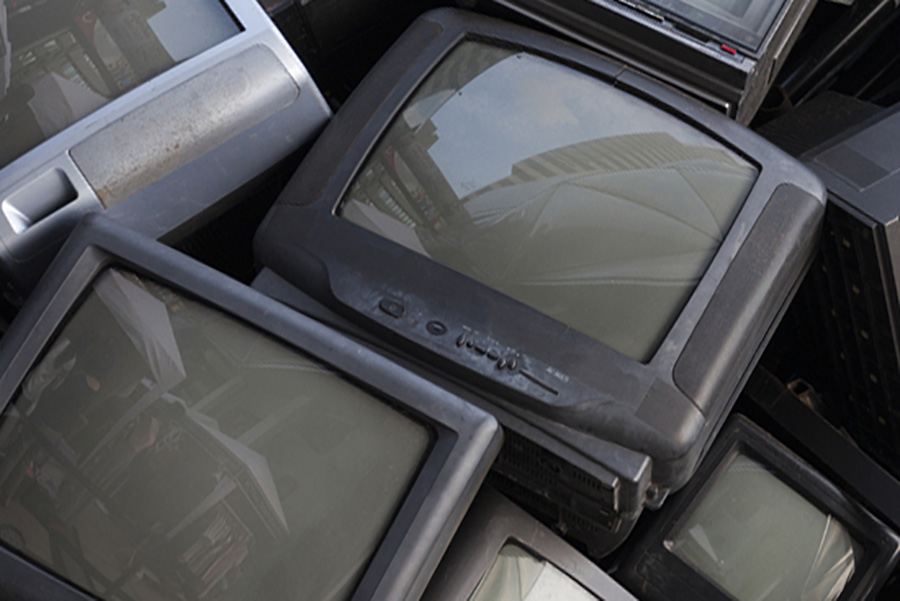A $1.8 million grant from the National Science Foundation will support research into better separation of metals in consumer electronics.
The foundation’s money will go to establishing the Center for Sustainable Separations of Metals (CSSM), which will be led by chemists at the University of Pennsylvania. Focusing on metals used in consumer electronics, the chemistry research will seek to develop lower-cost methods of recovering extremely high percentages of e-scrap metals such as rare earths, gold, platinum, palladium and others.
The effort will also seek to reduce energy consumption, pollution and greenhouse gas emissions in the metals recovery process.
CSSM will be directed by Eric Schelter, a University of Pennsylvania chemistry professor who has been working on rare earth metals separation for years, according to a university write-up. He’ll work with university chemists Jessica Anna and Joseph Subotnik.
Current hydrometallurgical approaches involve separating metals from a mixture after a chemical reaction is completed. Schelter, Anna and Subotnik devised a strategy for separating metals based on the rates of chemical reactions, or how quickly products are formed, according to the university.
Scientists from a number of other universities will collaborate with the CSSM. They include experts in chemical separations using electron transfer methods, gold extraction methods that don’t rely on toxic chemicals, production of resins that selectively take up lithium from mixtures, and materials used in separating specific rare earth metals.
“Society is looking to science for solutions to real-world problems. Through efforts in the center we expect to improve upon, or even replace, the harmful ways we get materials out of the ground and bring them to market,” Schelter stated. “The ultimate goal is to recycle existing materials to create circular supply chains.”







